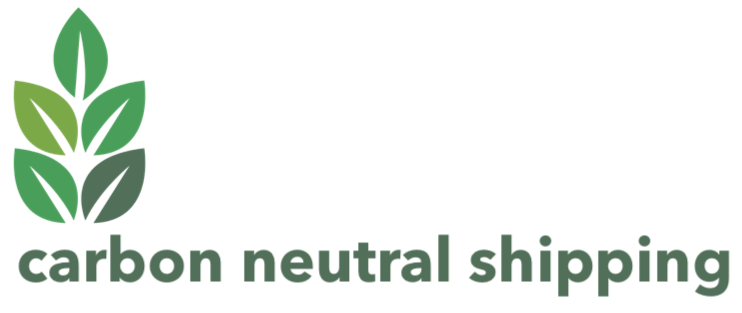K Line Begins Bio-LNG Use in Move Toward Net-Zero Emissions by 2050
Japanese shipping company Kawasaki Kisen Kaisha (K Line) has started using bio-LNG to power its vessels, marking a significant step in its broader strategy to adopt renewable fuels and achieve net-zero greenhouse gas (GHG) emissions by 2050.
On July 1, 2025, K Line announced the first use of bio-LNG fuel supplied by Shell Western LNG, part of energy giant Royal Dutch Shell, for its car carrier, Oceanus Highway.
The Oceanus Highway received 500 tons of bio-LNG from Shell at the Port of Zeebrugge, Belgium, on June 16, 2025.
This 6,900 CEU LNG-powered pure car and truck carrier (PCTC) was delivered in February 2025 by Shin Kurushima Toyohashi Shipbuilding. The vessel boasts a gross tonnage of 75,259t, a length of 199.95 meters, and a beam of 38 meters.
What is Bio-LNG?
The bio-LNG fuel (also referred to as liquefied bio-methane or LBM) is derived from renewable organic waste and residue. It is ISCC-EU certified and has a carbon intensity of less than zero on a lifecycle basis—from fuel production to consumption.
As a drop-in solution, bio-LNG is fully compatible with existing LNG infrastructure, making it a scalable and effective method of decarbonizing the shipping industry.
Industry Statements
“Bio-LNG is a scalable solution we can use today. It is great for Shell to collaborate with key shipping players like ‘K’ Line that are taking the lead in the adoption of bio-LNG. Together, we’re helping to build industry-wide momentum in the transition to renewable fuels. Bio-LNG’s increasing availability and commercial viability gives our customers confidence that their dual-fuel LNG fleets are ready to further reduce emissions.”
— Dexter Belmar, Vice President, Shell Downstream LNG
“Our goal is to achieve net-zero GHG emissions by 2050, and reducing emissions in maritime transport is one of our top priorities. Our beginning to use bio-LNG fuel is a significant step toward that goal. Additionally, our partnership with Shell, a leading global energy company, positions us to substantially impact the shipping industry’s transition to renewable fuels.”
— Hiroto Arai, General Manager, K Line Environmental/Technical Strategy Group
Emissions Targets
K Line has committed to ambitious climate goals:
- 2030 Interim Target: Improve CO2 emission efficiency by 50% from 2008 levels—exceeding the IMO’s 40% improvement target.
- 2050 Goal: Achieve net-zero GHG emissions across its operations.

